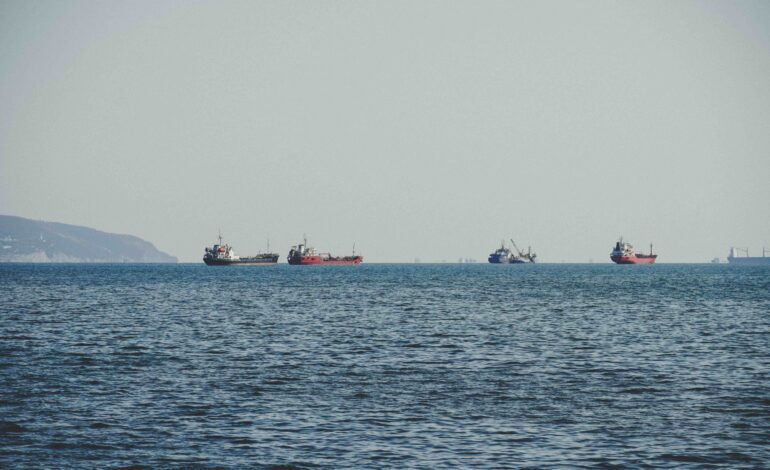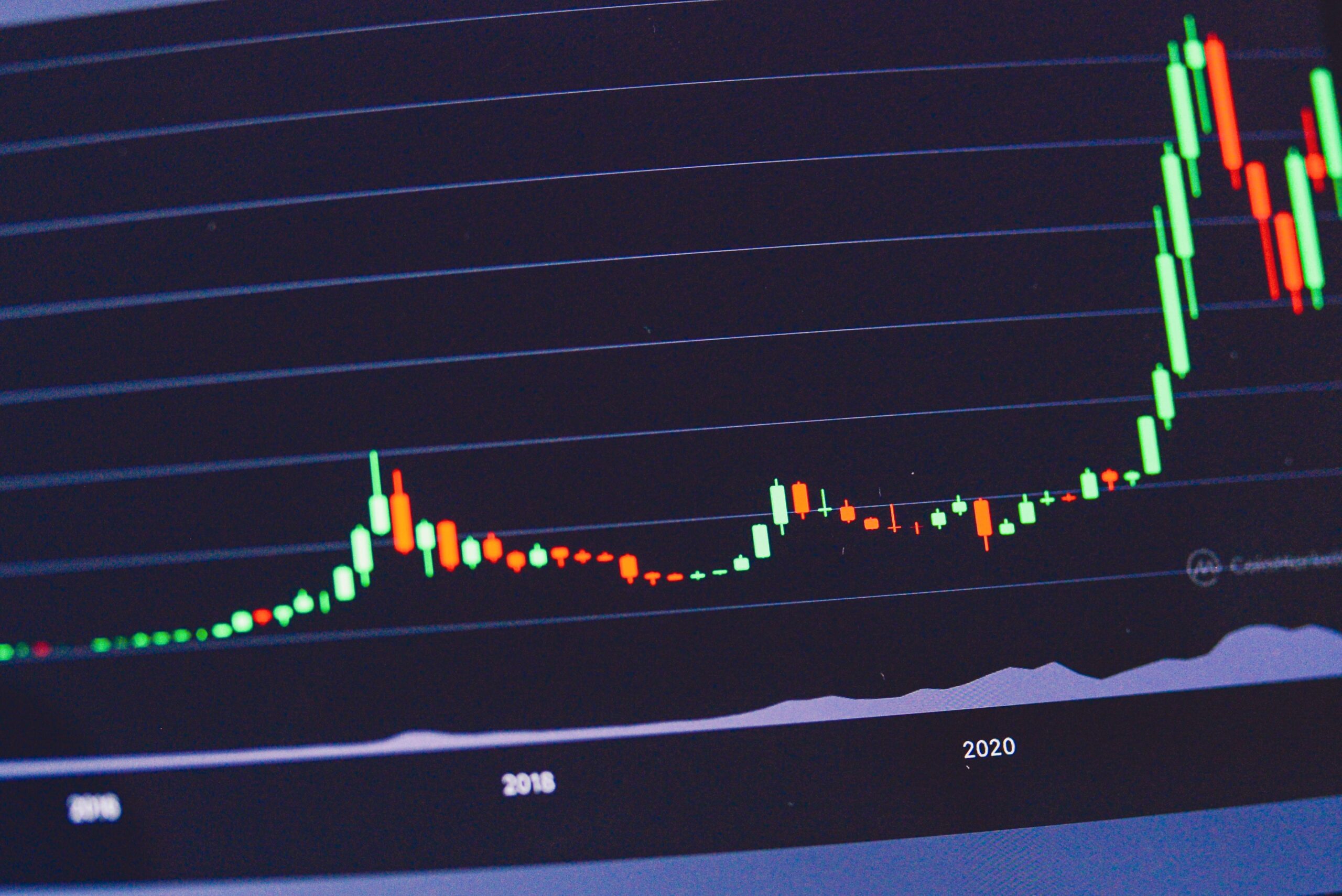
Economic factors influencing marine fuel costs
Introduction
The world of maritime operations is closely tied to economic forces, and one of the major considerations is the cost of marine fuels. Numerous economic factors, including global oil prices, currency changes, trade patterns, and geopolitical events, all play a role in shaping the complex landscape of marine fuel costs. This article explores how these economic influences impact the affordability of fuel for the shipping industry.
Global Oil Prices: The Main Factor
- Crude Oil Market: The biggest factor affecting marine fuel costs is the price of crude oil. The shipping industry relies heavily on different types of marine fuels made from crude oil, such as Heavy Fuel Oil (HFO) and Low Sulphur Fuel Oil (LSFO). Changes in global oil prices, influenced by supply and demand, geopolitics, and OPEC decisions, directly affect the cost of marine fuels.
- OPEC’s Role: OPEC, or the Organization of the Petroleum Exporting Countries, has a significant influence on oil prices. The choices made by OPEC members, like cutting or increasing oil production, have a direct impact on how much crude oil is available and, consequently, affect the price of marine fuels.
Currency Changes: The Ups and Downs of Exchange Rates
- USD Dominance: Global oil trade mainly uses U.S. dollars. When the value of the U.S. dollar changes compared to other currencies, it directly affects how much other nations can afford to buy oil. For countries using currencies other than the U.S. dollar, these changes can impact the affordability of marine fuels.
- Exchange Rate Movements: Currency exchange rates can be unpredictable due to economic indicators, geopolitical events, and monetary policies. Sudden changes in exchange rates can lead to shifts in the cost of imported marine fuels, adding an extra layer of uncertainty for shipping companies.
Trade Patterns and Supply-Demand Balances
- Global Trade Flows: The demand for marine fuels is closely linked to global trade patterns. Changes in how much and where goods are being traded impact the demand for shipping services and, in turn, influence the consumption of marine fuels. Economic ups and downs in key trade regions can lead to changes in fuel use.
- Shipping Industry Cycles: The shipping industry operates in cycles influenced by economic changes. When the economy grows, trade activities increase, leading to more fuel demand. Conversely, economic downturns can reduce trade, resulting in less fuel consumption.
Geopolitical Events: Storms in the Economic Forecast
- Geopolitical Tensions: Political tensions, conflicts, and geopolitical events can create uncertainty in oil-producing regions or disrupt key shipping routes. Such events may lead to disruptions in oil supply, affecting the availability and cost of marine fuels. Unexpected geopolitical developments contribute to market uncertainty.
- Sanctions and Embargoes: Sanctions or embargoes on oil-producing nations can limit the availability of certain types of crude oil. These restrictions, often due to geopolitical reasons, can change the composition of marine fuels and contribute to shifts in fuel prices.
Environmental Regulations: Changes in the Industry Landscape
- Regulatory Stringency: Increasing environmental regulations, especially those set by the International Maritime Organization (IMO), impact the types of marine fuels used. Implementing regulations like the sulfur cap, which reduces sulfur content, has led to changes in fuel types and refining processes, affecting costs.
- Investments in Compliance: Meeting strict environmental rules often requires significant investments. Costs associated with upgrading vessels, adopting cleaner fuels, and following emissions standards add to the economic considerations for shipping companies.
Economic Impacts for Shipping Companies
- Operational Costs: For shipping companies, fuel costs make up a large part of operational expenses. Changes in fuel prices directly affect operational costs, influencing budgets and overall financial performance.
- Fuel Procurement Strategies: To deal with the unpredictable nature of fuel costs, shipping companies use various strategies. These might include hedging mechanisms, long-term contracts, or optimizing fuel use through route planning and adjusting vessel speeds.
- Fuel-Efficient Technologies: To handle economic uncertainties and environmental concerns, shipping companies invest in fuel-efficient technologies. Using energy-efficient vessels, advanced propulsion systems, and alternative fuels becomes a strategic choice to manage fuel costs and align with sustainability goals.
Market Conditions and Competition
- Fuel Price Competition: Fuel prices are influenced by market conditions and competition among suppliers. Regions with many bunkering facilities might see more competitive fuel prices, while limited competition can result in higher fuel costs.
- Economic Downturns and Overcapacity: Economic downturns can lead to overcapacity in the shipping industry, causing intense competition. In such situations, shipping companies may face pressure to lower freight rates, impacting their ability to manage increased fuel costs.
Government Policies and Incentives
- Subsidies and Incentives: Government policies and incentives can affect fuel costs for the shipping industry. Subsidies for using cleaner fuels, tax incentives, and grants for adopting energy-efficient technologies shape the economic environment for shipping companies.
- Carbon Pricing Mechanisms: The introduction of carbon pricing mechanisms, like carbon taxes or emissions trading systems, can influence the cost of carbon-intensive fuels. As governments explore ways to account for the environmental costs of emissions, the economic implications for shipping companies may change.
Conclusion
The economic factors affecting marine fuel costs create a dynamic and complex environment for the maritime industry. From the main driver of global oil prices to the shifts caused by currency fluctuations, trade patterns, geopolitical events, and environmental regulations, shipping companies need strategic planning to navigate these economic waters.
As the industry faces economic uncertainties, fuel procurement strategies, technology investments, and compliance with environmental regulations emerge as crucial considerations. The ability to adapt to changing economic conditions, leverage fuel-efficient technologies, and align with sustainability goals will determine the resilience and success of the maritime industry. In the journey ahead, the industry’s ability to navigate these economic currents will be essential in charting a course towards a more sustainable and economically viable future.





